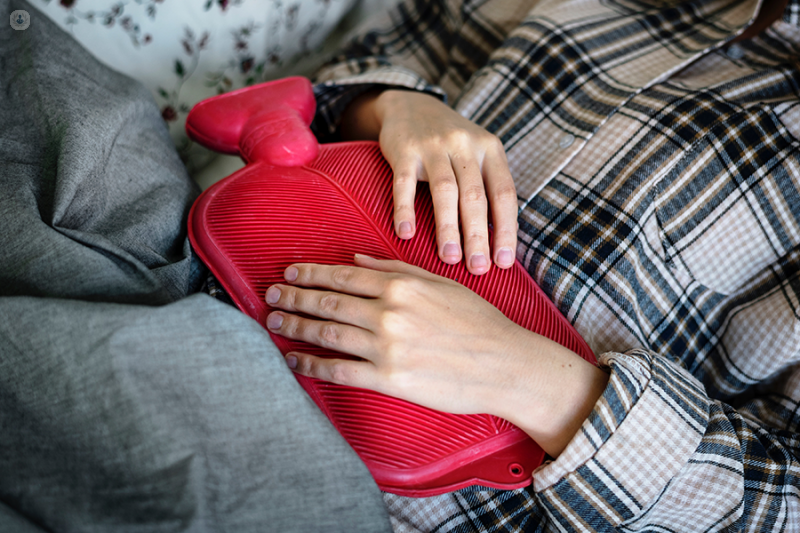


What are heavy periods?
It can sometimes be difficult to know if you have particularly heavy periods because what is normal changes from person to person. However, the followings signs would suggest your periods are heavy:
It’s worth seeing the doctor if this applies to you, or if you’ve simply noticed your periods getting heavier. You should also see a doctor if you’re having period pain or bleeding between your periods. Left untreated, heavy periods can lead to iron deficiency anaemia.

What causes heavy periods?
Common causes of heavy periods include fibroids (non-cancerous growths in the womb) or endometriosis. Less common causes include:
Almost half of cases of heavy bleeding have no underlying cause.
What happens when you see a doctor?
When you visit the doctor they will ask you about your medical history, symptoms, and any medication you’re on, and you might need to keep a diary of your bleeding. You might also have a number of tests depending on the suspected cause, including:
How are heavy periods treated?
There are many treatment options for heavy periods and it’s important that you and the doctor discuss in detail your personal preferences and future childbearing plans.
Conservative treatment options include:
If these treatments are unsuccessful, or if you have fibroids or endometriosis, there are a number of procedures available aimed at removing the tissue causing the problem, including:
If you are getting lots of fibroids or severe endometriosis, and you are no longer planning to have children, endometrial ablation or hysterectomy may be recommended treatment options.